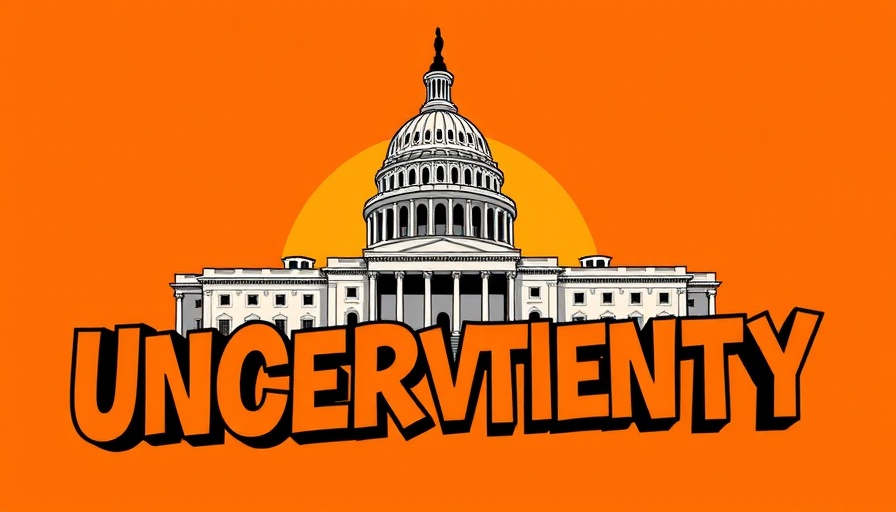
Uncertainty Looms Over Federal Health Agencies Amid Political Turmoil
As the national discourse on public health continues to swirl, the future of federal health agencies hangs precariously in the balance. This week’s episode of KFF Health News' "What the Health?" brings to light the deepening uncertainties surrounding agencies like the National Institutes of Health (NIH) and the Centers for Disease Control and Prevention (CDC). With the ongoing measles outbreak from Texas, compounded by a politically charged environment, health officials are grappling with not just infectious diseases but also a possible erosion of the system that supports public health.
Impacts of Reduced Health Data Accessibility
The recent decisions by the Trump administration to restrict access to critical health data have sparked concerns among healthcare professionals. As articulated in Healthcare Dive, the removal of essential data resources is not merely a bureaucratic annoyance; it poses significant risks to public health management. Without readily available information on diseases such as tuberculosis and HIV, healthcare providers may find themselves ill-equipped to combat outbreaks effectively, potentially leading to worse health outcomes.
The Role of Federal Funding in Health Agencies
The economic ramifications of reduced medical funding are evident. As noted in KFF’s discussion, NIH grants are crucial in financing research across the nation. The effects reach beyond just scientific inquiry; many universities are pausing or reconsidering admissions for graduate students due to funding uncertainties. The implications extend to the next generation of healthcare leaders and innovation, underscoring the systemic risks posed by ongoing political friction.
Political Intrigues: Abortion Laws and Supreme Court Decisions
The political landscape further complicates the situation. The administration's decision to halt actions against Idaho's abortion ban highlights the intricate dance between healthcare policies and political agendas. This tug-of-war impacts not only reproductive rights but also overall public health discourse. As the Supreme Court weighs in on these matters, the decisions made will shape the framework of health laws that govern the country moving forward.
Consequences of Vaccine Hesitancy in Public Health
The hesitancy surrounding vaccinations, particularly in light of the measles outbreak, raises alarm bells about collective health. As Secretary of Health and Human Services, Robert F. Kennedy Jr.'s lukewarm endorsement of vaccines illustrates, the trend toward vaccine resistance can jeopardize hard-won public health victories. Public health officials and educators must confront not just misinformation but also deep-seated skepticism that threatens community health.
Valuable Takeaways from This Episode
This week’s highlights from the podcast underscore the critical role of federal health agencies and the uphill battles they face. From funding limitations and data access to political infighting affecting real lives, the domino effect of these challenges can lead to disastrous outcomes if not addressed effectively. For health enthusiasts, understanding these dynamics is essential in recognizing the full landscape of U.S. healthcare.
As we navigate the continuing evolution of health policy, it's imperative to hold accountable the systems that protect our public health infrastructure. Staying informed and engaged ensures that these agencies can sustain their efforts—crucial for safeguarding health across communities.
 Add Row
Add Row  Add
Add 




 Add Row
Add Row  Add
Add 



Write A Comment